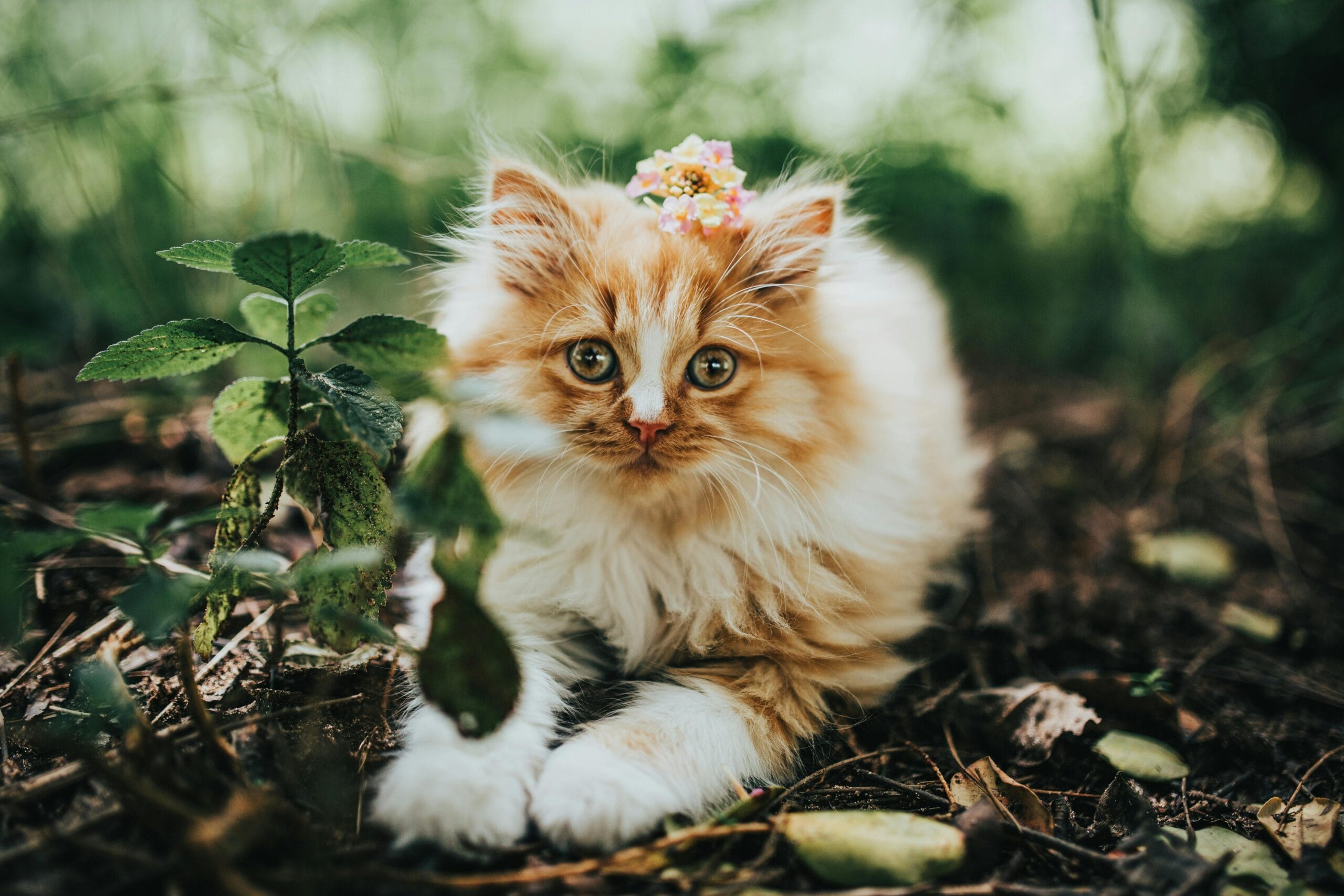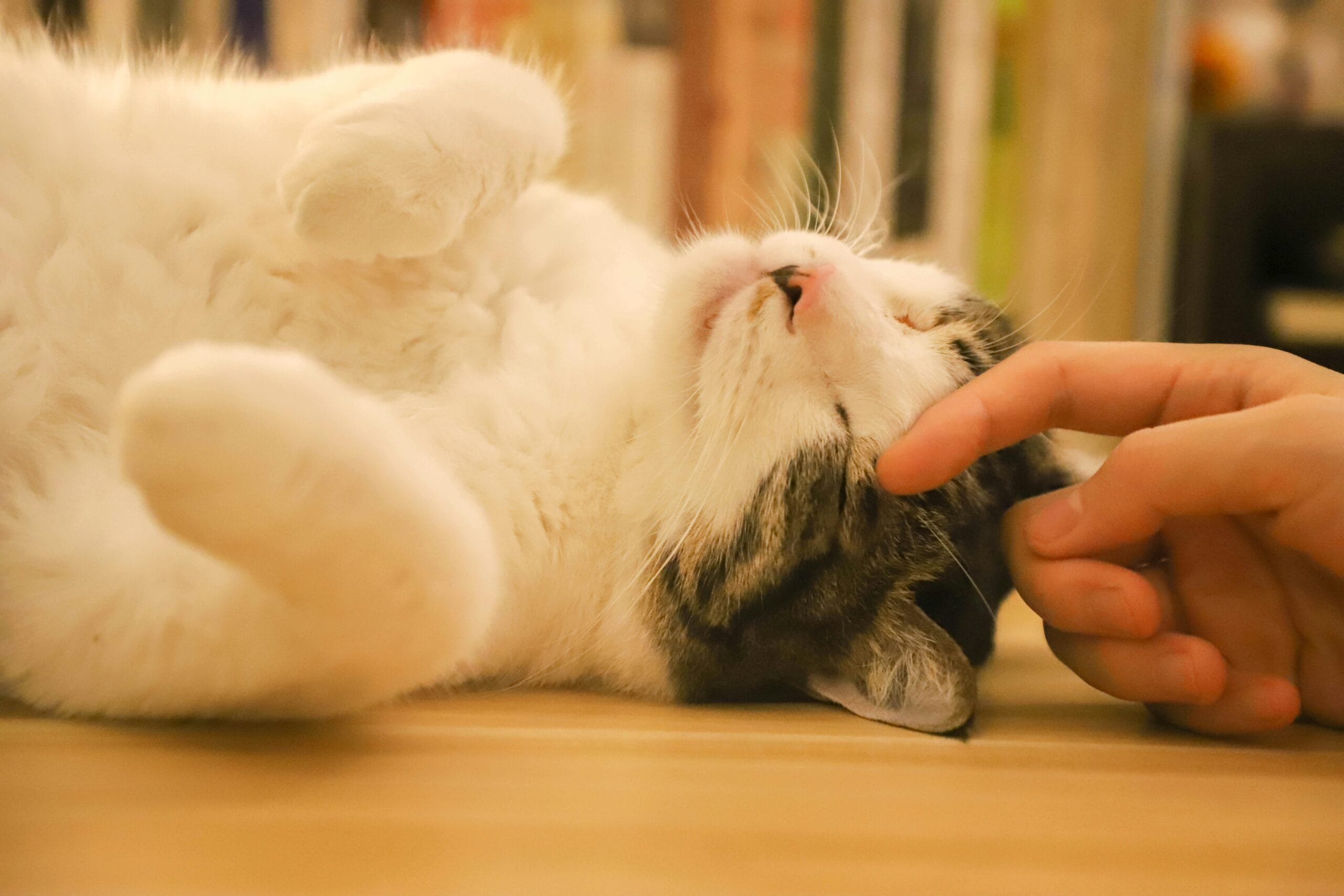Can Cats Eat Peanuts? Are peanuts safe for cats? Find out if peanuts and cats mix in this informative article. Discover the potential risks and benefits! Learn now!
Can Cats Eat Peanuts? A Comprehensive Guide to Peanut Safety for Cats
The question, “Can cats eat peanuts?” is a common one among cat owners. While the sight of a furry friend eyeing a peanut butter jar might be endearing, the reality is that peanuts and their byproducts aren’t exactly feline-friendly. This detailed guide will explore the safety of peanuts for cats, delving into the potential risks and offering advice on how to keep your kitty safe.
Are Peanuts Safe for Cats? The Risks of Peanut Consumption
The short answer to “are peanuts safe for cats?” is a resounding no. Peanuts, while a healthy snack for humans, pose several potential health risks for our feline companions. These risks stem from several factors, making even a small amount of peanuts a potential hazard.
High Fat Content: A Recipe for Digestive Upset
Peanuts are high in fat, and cats, unlike humans, don’t possess the same metabolic efficiency in processing fats. Consuming too much fat can lead to pancreatitis, a severe and potentially life-threatening inflammation of the pancreas. Symptoms can include vomiting, diarrhea, lethargy, and abdominal pain. This is why even seemingly harmless foods like certain fish (learn more about the risks by reading our article on can cats eat sardines?) can cause issues if not moderated.
Salt and Additives: A Silent Threat
Many commercially available peanuts, particularly salted varieties or those coated in chocolate or other flavorings, contain high levels of salt and other additives. These ingredients can be toxic to cats, leading to sodium ion poisoning which can cause symptoms like vomiting, tremors, and seizures. This highlights the importance of understanding which foods are genuinely safe and which can be harmful, as demonstrated in the dangers of some plants, like the daffodils poisonous to cats?
Allergies: A Potential Trigger
Like humans, cats can develop allergies to various foods, including peanuts. An allergic reaction can range from mild skin irritation to severe anaphylaxis, a life-threatening condition requiring immediate veterinary attention. Similar considerations apply to other fruits, like cherries, which can cause reactions.
Choking Hazard: A Risk for Smaller Breeds
Whole peanuts, especially for smaller cat breeds, present a significant choking hazard. Their size and shape make them difficult to swallow and can easily become lodged in the airway, leading to respiratory distress. This is comparable to the risks posed by certain houseplants, for example, the Monstera deliciosa plant.
Peanuts and Cats: Understanding the Potential Consequences
The ingestion of peanuts by cats can lead to a range of health problems, depending on the amount consumed, the type of peanut (roasted, salted, etc.), and the individual cat’s sensitivity. Even a small amount can cause digestive upset in some cats, while larger quantities can lead to more serious complications.
Digestive Issues: The Most Common Problem
The most common consequence of peanut consumption in cats is digestive upset. This can manifest as vomiting, diarrhea, loss of appetite, and abdominal discomfort. These symptoms may be mild and resolve on their own, or they may require veterinary intervention. This is similar to the issues encountered with certain fruits like grapes which can cause severe digestive issues.
Pancreatitis: A Severe Complication
As mentioned earlier, the high fat content in peanuts can trigger pancreatitis in cats. This is a serious condition characterized by inflammation of the pancreas, leading to potentially life-threatening complications. Early detection and treatment are crucial to preventing severe outcomes.
Allergies and Anaphylaxis: Life-Threatening Reactions
Peanut allergies in cats can range from mild skin reactions to severe anaphylaxis. Anaphylaxis is a rapid and severe allergic reaction that can cause difficulty breathing, swelling of the face and throat, and a drop in blood pressure. It requires immediate veterinary attention.
What to Do If Your Cat Eats Peanuts
If you suspect your cat has eaten peanuts, it is essential to act quickly. The severity of the response depends on several factors and therefore requires a careful assessment.
Assess the Situation
First, determine how many peanuts your cat consumed and what kind they were (salted, roasted, etc.). This information will be crucial for your veterinarian. Observe your cat for any signs of distress, such as vomiting, diarrhea, lethargy, or difficulty breathing.
Contact Your Veterinarian
Contact your veterinarian immediately. They will be able to assess the situation and advise on the best course of action. This may involve inducing vomiting, administering medication, or monitoring your cat closely for any signs of complications. Early intervention is crucial in preventing serious health issues.
Monitor Your Cat Closely
Even if your cat appears to be doing well after consuming peanuts, monitor them closely for the next 24-48 hours. Watch for any changes in behavior, appetite, or bowel movements. Any unusual symptoms should be reported to your veterinarian immediately.
Frequently Asked Questions (FAQs) about Peanuts and Cats
Here are some frequently asked questions about peanuts and cats to further clarify any doubts regarding this topic.
Can cats eat peanut butter?
While some peanut butter is marketed as safe for dogs, it’s still not recommended for cats. The high fat content and potential for xylitol poisoning (a common sweetener in many peanut butters) make it a risky treat. Always check the ingredients before considering giving your cat any food intended for human or other animal consumption.
Are peanut shells toxic to cats?
Peanut shells are not digestible by cats and can pose a choking hazard or cause intestinal blockages. Keep peanut shells well out of reach of your feline friend.
What other foods are toxic to cats?
Besides peanuts, numerous other foods are toxic to cats. Always research thoroughly before offering your cat any human food. A good rule of thumb is to consult your veterinarian before introducing any new foods into your cat’s diet.
Conclusion: Keeping Your Cat Safe from Peanut Hazards
In conclusion, peanuts and cats don’t mix well. The risks associated with peanut consumption outweigh any potential benefits. Keeping peanuts and peanut-based products out of reach of your cat is the best way to ensure their safety and well-being. Remember, your cat’s health is paramount. By being informed and proactive, you can help prevent potential health problems.
For additional information on feline health and nutrition, consult your veterinarian or refer to reputable online resources dedicated to cat health. The ASPCA Animal Poison Control Center is a great resource for information on pet poisoning.
We hope this article has comprehensively answered your query: “Can cats eat peanuts?” and provided clarity regarding the potential dangers associated with peanuts and other potentially harmful foods. Remember, prevention is key to keeping your feline companion healthy and happy.
Leave a comment below sharing your experiences and any questions you may have about keeping your cats safe from potentially hazardous foods! Let’s build a community of informed cat owners to promote healthy and happy feline companions!
ASPCA Animal Poison Control Center
Vets Now: Toxic Foods for Cats

Frequently Asked Questions: Can Cats Eat Peanuts?
- Can cats eat peanuts?
- No, peanuts and cats don’t mix well. While not fatally toxic in small amounts, peanuts are not part of a cat’s natural diet and present several risks.
- Are peanuts safe for cats?
- No, peanuts are not safe for cats. They can cause digestive upset, pancreatitis (in larger quantities), and allergic reactions. It’s best to avoid them completely.
- What happens if my cat eats a peanut?
- A single peanut might not cause significant problems for a large cat. However, symptoms like vomiting, diarrhea, or an allergic reaction (itching, swelling) are possible. Larger amounts are more dangerous.
- Are roasted peanuts safe for cats?
- No, roasted peanuts are not safer than raw peanuts for cats. Roasting often adds salt and oils that can be harmful to cats’ health. Can cats eat peanuts in any form? The answer is generally no.
- Are peanut butter safe for cats?
- Xylitol, a common artificial sweetener in many peanut butters, is highly toxic to cats. Even xylitol-free peanut butter should be avoided due to the high fat content and potential for pancreatitis.
- My cat ate a whole peanut, should I be worried?
- Monitor your cat closely for any signs of digestive upset or allergic reaction (vomiting, diarrhea, lethargy, itching). If you see any concerning symptoms, contact your veterinarian immediately.
- Can peanuts cause allergies in cats?
- Yes, peanuts can trigger allergic reactions in some cats, ranging from mild skin irritation to severe respiratory distress. If your cat shows signs of an allergic reaction after peanut ingestion, seek veterinary attention immediately.
- Are there any peanut-related treats suitable for cats?
- No, there are no commercially available and safe peanut-related treats specifically designed for cats. Stick to cat-specific treats formulated by veterinarians.
- Is a small amount of peanut butter harmful to cats?
- Even small amounts of peanut butter can cause problems, especially if it contains xylitol. The high fat content is also a concern. It is best to avoid all peanut products.
- What should I do if I suspect my cat has eaten peanuts?
- Contact your veterinarian immediately, especially if your cat is showing symptoms. Provide details about the amount of peanuts consumed and any observed symptoms. Early intervention is crucial.

Can Cats Eat Peanuts? A Comprehensive Guide
The short answer is: no, cats should not eat peanuts. While not overtly toxic like grapes (see our article on can cats eat grapes?), peanuts present several health risks for our feline friends.
Peanuts are high in fat and salt, both of which can contribute to obesity and pancreatitis in cats. Obesity leads to a range of health problems, including diabetes and heart disease. Pancreatitis, an inflammation of the pancreas, can be life-threatening. Even small amounts of salted peanuts can be dangerous due to their high sodium content. Remember, just as with cherries, moderation is key – and with peanuts, moderation is simply not an option.
Furthermore, peanuts can be a choking hazard, especially for kittens or cats with smaller mouths. The size and shape of peanuts make them difficult to chew and swallow safely, leading to potential respiratory issues. It’s vital to remember that even seemingly harmless foods can pose significant health risks for your cat.
Many cat owners supplement their cat’s diet with treats like sardines, but peanuts should never be considered a suitable alternative. Stick to cat-specific treats and foods to ensure your furry friend receives the proper nutrients without risking their health.
If your cat has ingested peanuts, monitor them closely for any signs of distress, such as vomiting, diarrhea, or lethargy. If you notice any unusual symptoms, contact your veterinarian immediately. Just as it’s crucial to know which plants are harmful, like daffodils or monstera plants, being aware of potential food hazards is essential for responsible pet ownership.
In conclusion, keeping peanuts away from your cat is the safest and most responsible choice. Prioritize their health and well-being by sticking to a diet specifically formulated for feline nutrition.
Can Cats Eat Peanuts, are peanuts safe for cats, peanuts and cats